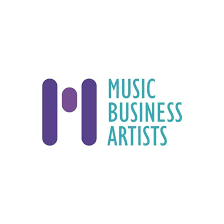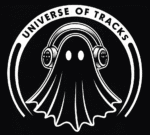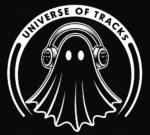How to Send a Demo to a Record Label in 2025 (And Actually Get Heard)
You’ve spent weeks, maybe even months, perfecting your new track. It’s mixed, mastered, and you know it has the potential to be a hit. Now comes the most daunting step for many producers: how do you effectively send a demo to a record label and get it noticed? In an industry flooded with submissions, simply sending an email isn’t enough. This guide provides a professional blueprint to ensure your music gets the attention it deserves.
Before You Send: The Preparation Checklist
Sending your demo is the final step, not the first. Rushing this process is the most common mistake producers make. Follow this checklist before you even think about writing an email.
1. Is Your Track 100% Finished?
Your demo must sound professional. This means it should be fully arranged, mixed, and mastered to a competitive level. Sending an unfinished 8-bar loop or a poorly mixed track is a guaranteed way to be ignored. If mixing and mastering isn’t your strong suit, consider using professional mixing and mastering services to give your track the final polish it needs.
2. Do Your Research: Find the Right Labels
Do not spam every label you can find. This is unprofessional and ineffective. Instead, curate a small, targeted list of 5-10 labels that release music in your specific genre. Listen to their recent releases on Beatport or Spotify. Does your track genuinely fit their sound? Personalizing your approach is key.
3. Prepare Your Files Correctly
Labels receive hundreds of demos a day. Make their job easy. Upload a high-quality MP3 (320kbps) to a streaming platform and create a **private, shareable link**. SoundCloud is the industry standard for this. Ensure downloads are enabled. Name your file correctly: Artist Name – Track Title (Master). Never attach an MP3 file directly to an email.
Crafting the Perfect Demo Email
Your email is your first impression. It should be short, professional, and straight to the point.
The Subject Line
The subject line must be clear and informative. Use a format like this:
Demo Submission: Your Artist Name – “Your Track Title” [Genre]The Body of the Email
Keep it brief. A&R managers are incredibly busy. Your email should contain only three things:
- A Personal Introduction (1-2 sentences): Briefly state who you are and why you are contacting *their* specific label. Example: “Hi [A&R Name], my name is [Artist Name], and I’m a huge admirer of [Label Name]’s recent releases, especially the work of [Artist on the Label].”
- The Link to Your Music (The most important part): “I’ve produced a new [Genre] track that I think would be a great fit for your label. You can listen to it here:” Followed by your private SoundCloud link.
- A Brief Bio & Polite Closing (1-2 sentences): Mention one or two key achievements if you have them (e.g., previous releases, DJ support). End with a simple “Thanks for your time and consideration.”
The Alternative: Build Your Career with Ghost Production
The traditional label route can be long and challenging. If you’re a talented producer who loves making music but wants to earn a steady income right now, there’s another path. By selling your tracks on a ghost production marketplace, you can get paid for your work, hone your skills, and build a career on your own terms. It allows you to focus purely on the art of creation. Interested? Learn more about how you can become a seller on Universe of Tracks.


